 Have you ever noticed, whenever someone pens one of those articles listing the most influential books of the second half of the 20th century, how worthy the titles are? You’ll usually find books like Harper Lee’s To Kill A Mockingbird, Solzhenitsyn’s The Gulag Archipelago, Richard Bach’s Jonathan Livingston Seagull or E. M Forster’s Maurice, published in 1971, a year after the author’s death. But no one ever mentions influential books I suspect people were actually reading in large numbers, Peyton Place, Jacqueline Susan’s Valley of the Dolls, Mario Puzo’s The Godfather or the subject of today’s Pulp Friday offering, the novels of Harold Robbins.
Have you ever noticed, whenever someone pens one of those articles listing the most influential books of the second half of the 20th century, how worthy the titles are? You’ll usually find books like Harper Lee’s To Kill A Mockingbird, Solzhenitsyn’s The Gulag Archipelago, Richard Bach’s Jonathan Livingston Seagull or E. M Forster’s Maurice, published in 1971, a year after the author’s death. But no one ever mentions influential books I suspect people were actually reading in large numbers, Peyton Place, Jacqueline Susan’s Valley of the Dolls, Mario Puzo’s The Godfather or the subject of today’s Pulp Friday offering, the novels of Harold Robbins.
Growing up in the 1970s, when popular culture was still mass rather than the niche individual choice it is increasingly now, Robbins was still a big deal. I don’t know about your household, but prominently placed amongst the Alistair Maclean and Ian Fleming thrillers, Desmond Morris’s The Naked Ape and Erich von Daniken’s 1968 sensation, Chariot of the Gods, were a large number of paperback books by Robbins.
Robbins has been called ‘the godfather of the airport novel’ and the ‘Onassis of supermarket literature’. He wasn’t a good writer by any stretch of the imagination but starting with his debut novel, Never Love A Stranger, in 1948, he produced fast paced, meaty narratives with larger than life characters, corporate executives and adventurers, accompanied by lashings of drama and explicit sex.
I have been reading Andrew Wilson’s biography of the writer, Harold Robbins: The Man Who Invented Sex. Robbins is largely forgotten now and his books, particularly their depiction of gender relations, are pretty dated. But Wilson’s book is a fascinating glimpse into just how big a cultural and publishing phenomenon Robbins was, particularly in the 1960s.
Robbins epitomises the gradual breakdown between high and low culture that took place in the 1950s and 1960s. His books were essentially pulp but he was such a big seller, even established literary hard cover publishers fell over themselves to add his books to their lists, even if they did insist on editing out a lot of the graphic sex and language in his manuscripts.
He was unashamedly commercially minded. “Hemingway once asked me what my literary ambitions where,” Robbins reportedly once said. “I told him ‘wealth’.” This story, like so many aspects of Robbins’ own account of his life, could’ve have been made up by the author. But it is an accurate depiction of Robbins’ approach to writing. He was one of the first authors to realise that publicising a novel was just as import as writing it, and he toured American promoting his novels like a rock star. It is estimated his books have sold 750 million copies, more than J K Rowling. A number of his books were made into movies. He made a huge amount of money and blew it all on a louche jet set lifestyle that mirrored the characters in his books.
As Wilson’s biography make clear, Robbins not only took advantage of liberalising attitudes to sex, he helped push them, and was as much a part of the sexual revolution as Playboy magazine and the pill. The author’s genius as a writer of popular fiction was to anticipate the demands of his readers and what they wanted to read. And what they wanted to read about was sex. I am sure I’m not the only person who has memories from their early teens of flicking through their mum and dad’s Robbins’ novels looking for salacious passages. One never had to spend long looking, as the books were chock full on sex scenes.
The following selection of covers from Robbins’ books, sourced from the Internet and my own collection, is an interesting snap shot of the evolution of popular paperback cover art from the 1950s to the 1970s.

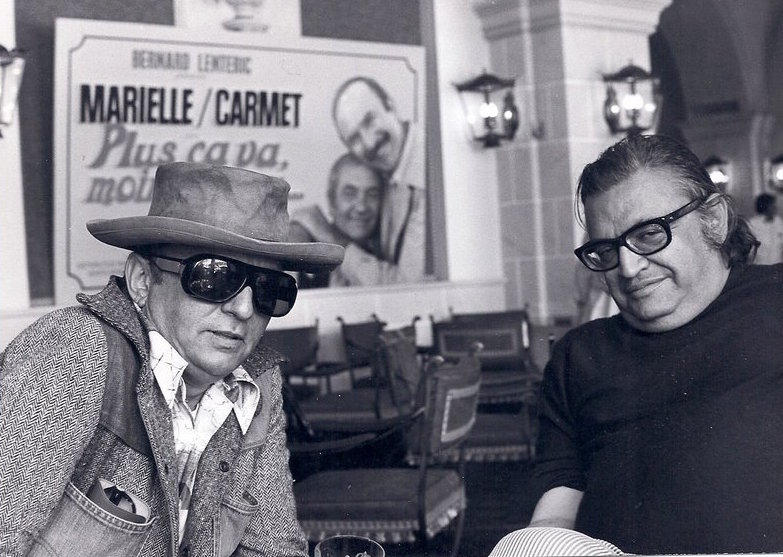

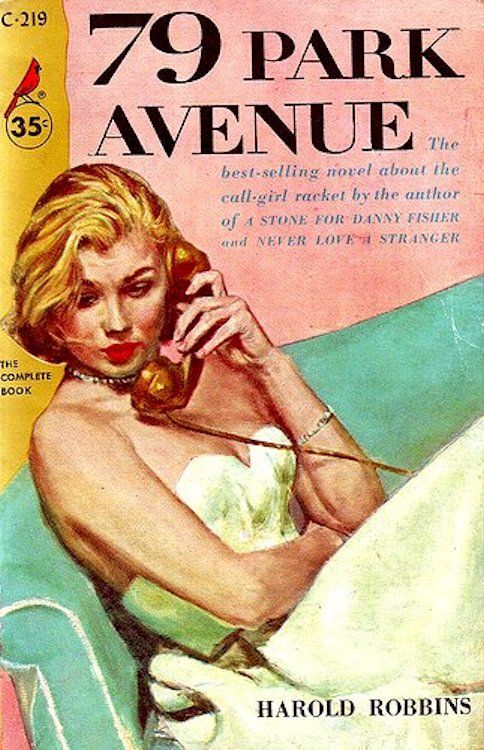
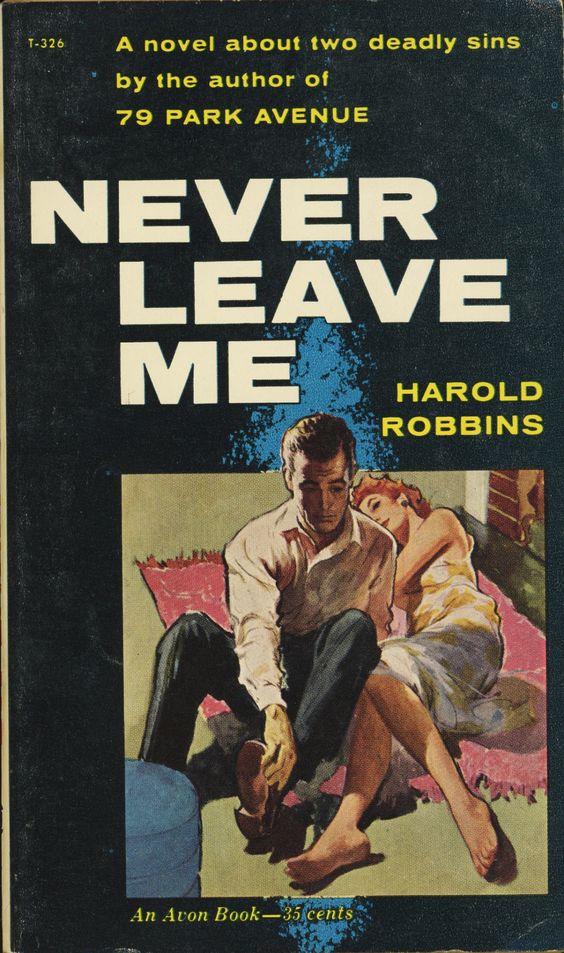
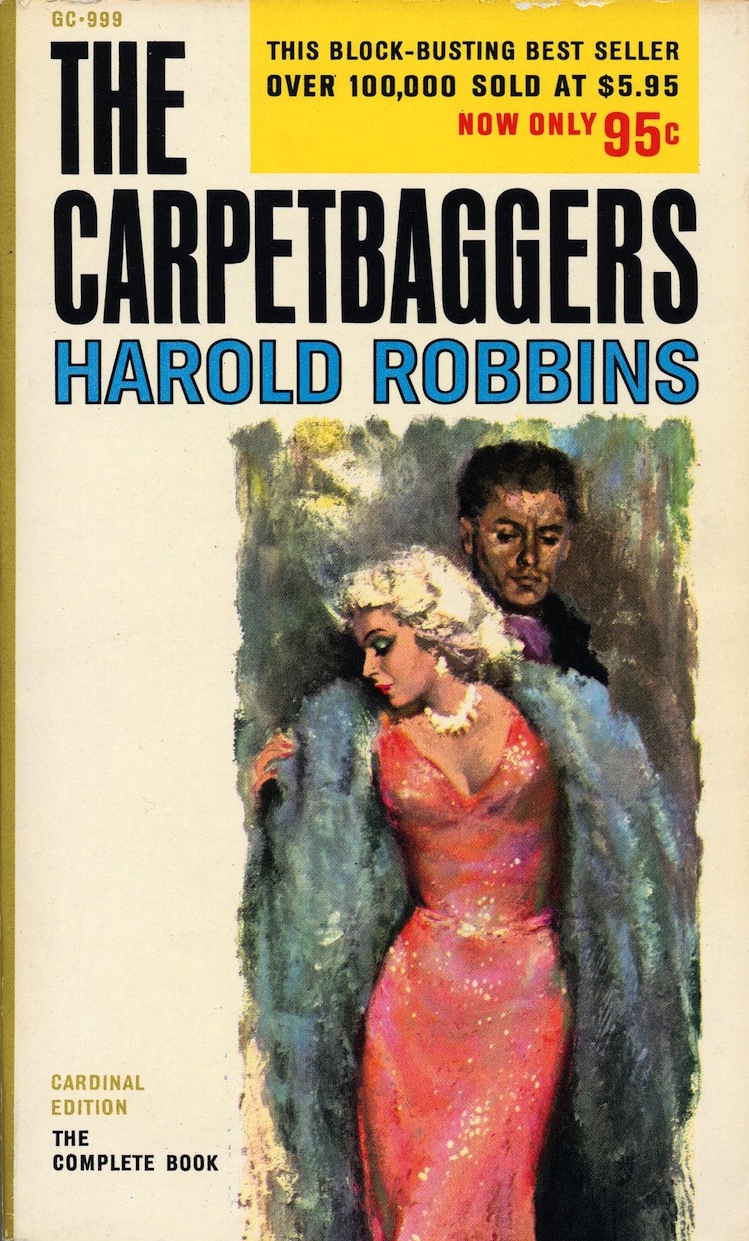

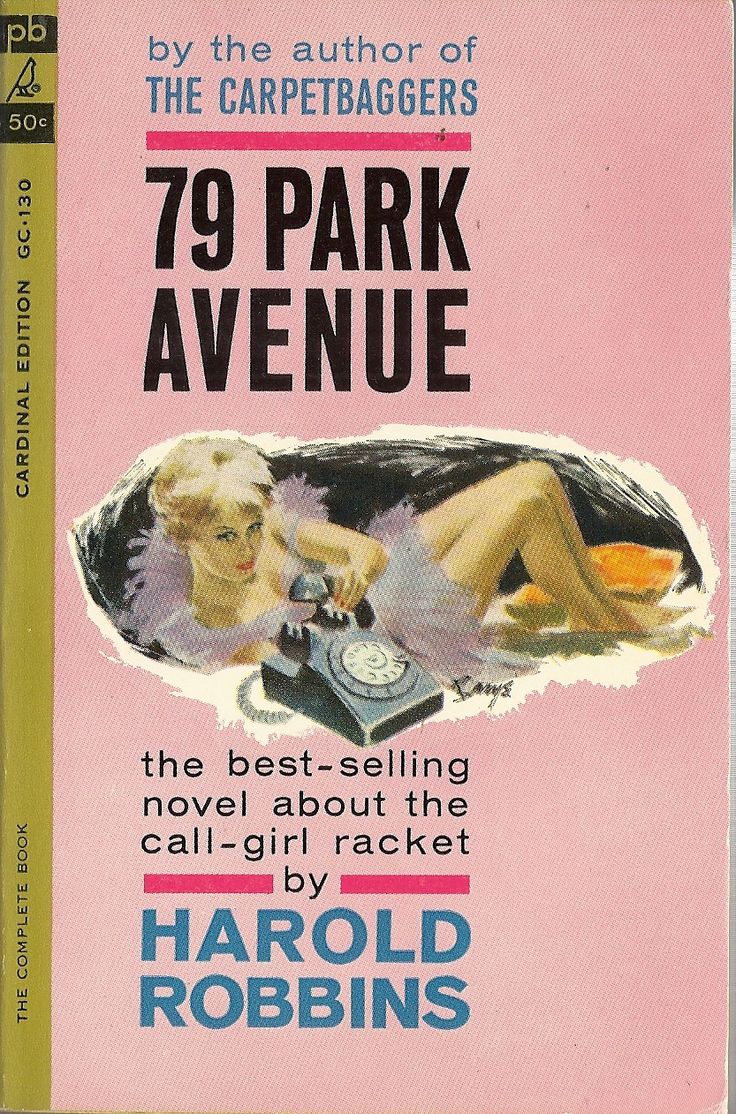
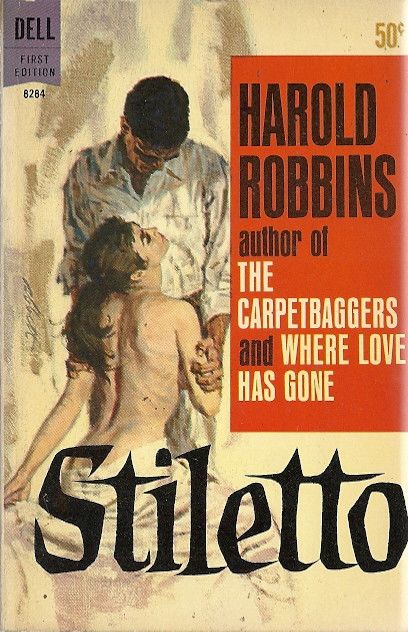
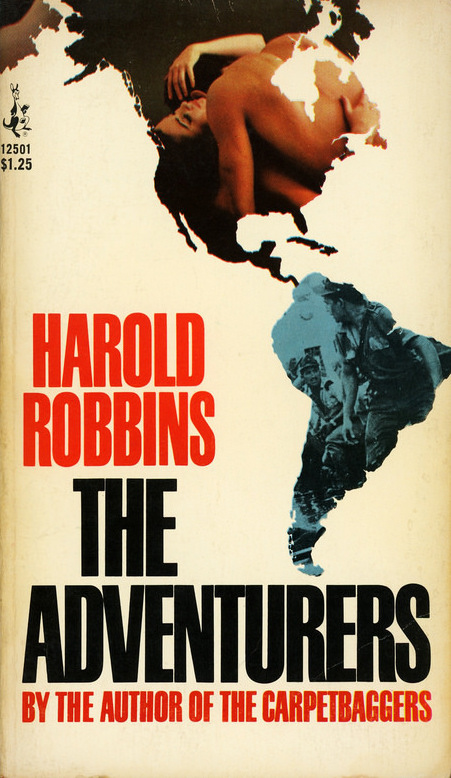
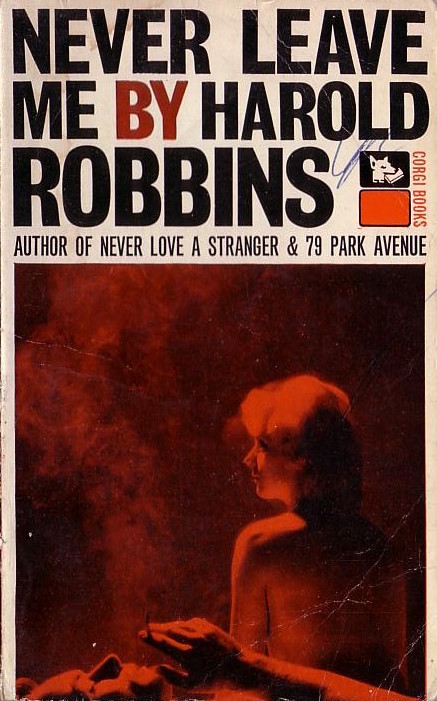

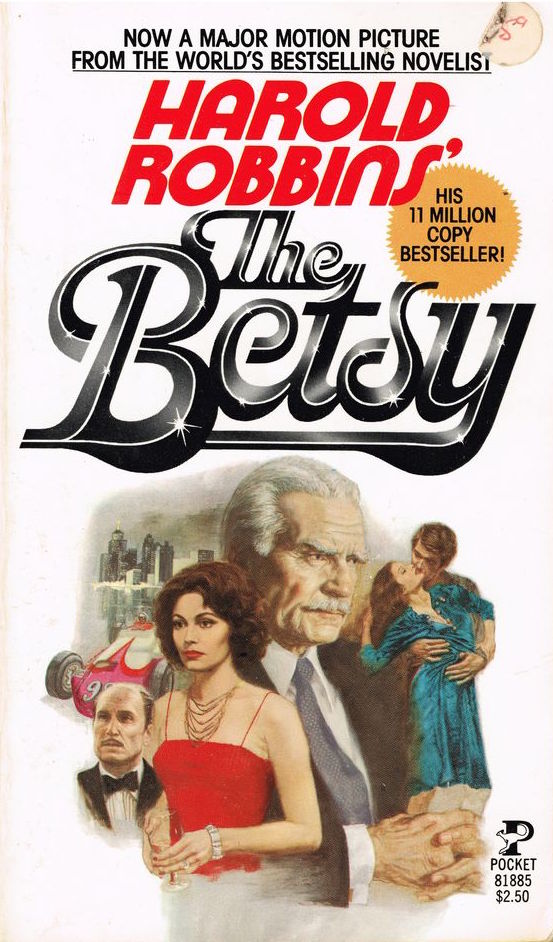
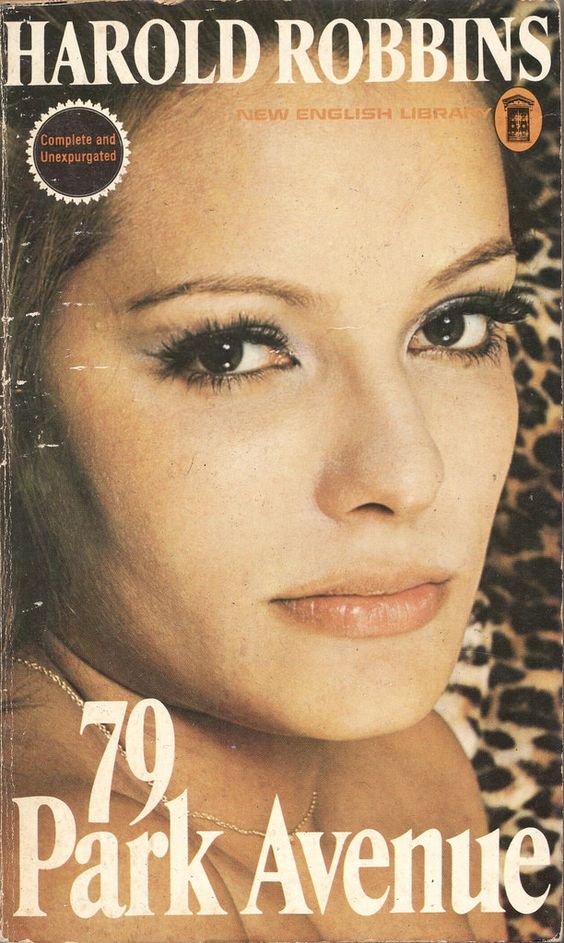



















Pingback: JSP Visual Week In Review ~ 07.15.17 | JerseyStyle Photography
Great piece on an almost forgotten sleaze artist and I mean that as a compliment. Funny, I never thought he was a bad writer.
Dennis,
Thanks for stopping by. I am glad you enjoyed the piece. I am not sure that ‘bad’ is the right word to describe Robbin’s as a writer. I think he was great at plotting and moving a story forward, but as a prose stylist he was pretty unimaginative. The Wilson’s biography, ‘Harold Robbins: The Man Who Invented Sex’, I refer to in the post, makes the point that Robbins could have been a much better writer but he deliberately chose to focus on making money by getting as much material out there as quickly as possible rather than improving his writing style and doing better novels.
Cheers,
Andrew
Dennis
I remember reading ‘A Stone for Danny Fisher’ and really enjoying it. I must have been in my mid teens. I think I got it from my best friend who’s mother had a stash in their living room. I actually thought back then the writing was good and I found it entertaining. I remember thinking back what awful lives Americans must have led. I really think writers like him make it look very easy but in fact they are clearly very talented and clever. Perhaps that’s the trick. Anyway thank you very much for this post, it was really interesting.
Sorry, I meant to address that last comment of mine to Andrew.
Cynthia,
I love hearing about people’s ‘illicit’ reading experiences when they were young. Thanks for sharing that memory. I agree that what Robbins did definitely took talent of sorts. As I have said, he was not a great prose stylist but, wow, did he know how to generate an interesting plot and move it forward.
Cheers,
Andrew
Hi Andrew,
“A Stone for Danny Fisher” was the basis of the early Elvis film “King Creole”, which also featured Walter Matthau.
Probably the only time those two artists’ names appeared together.
Stuart Radmore